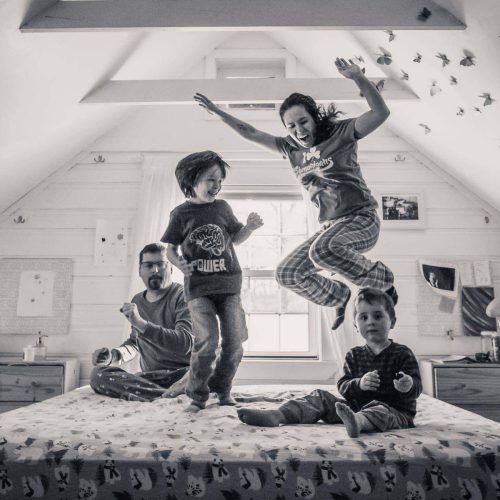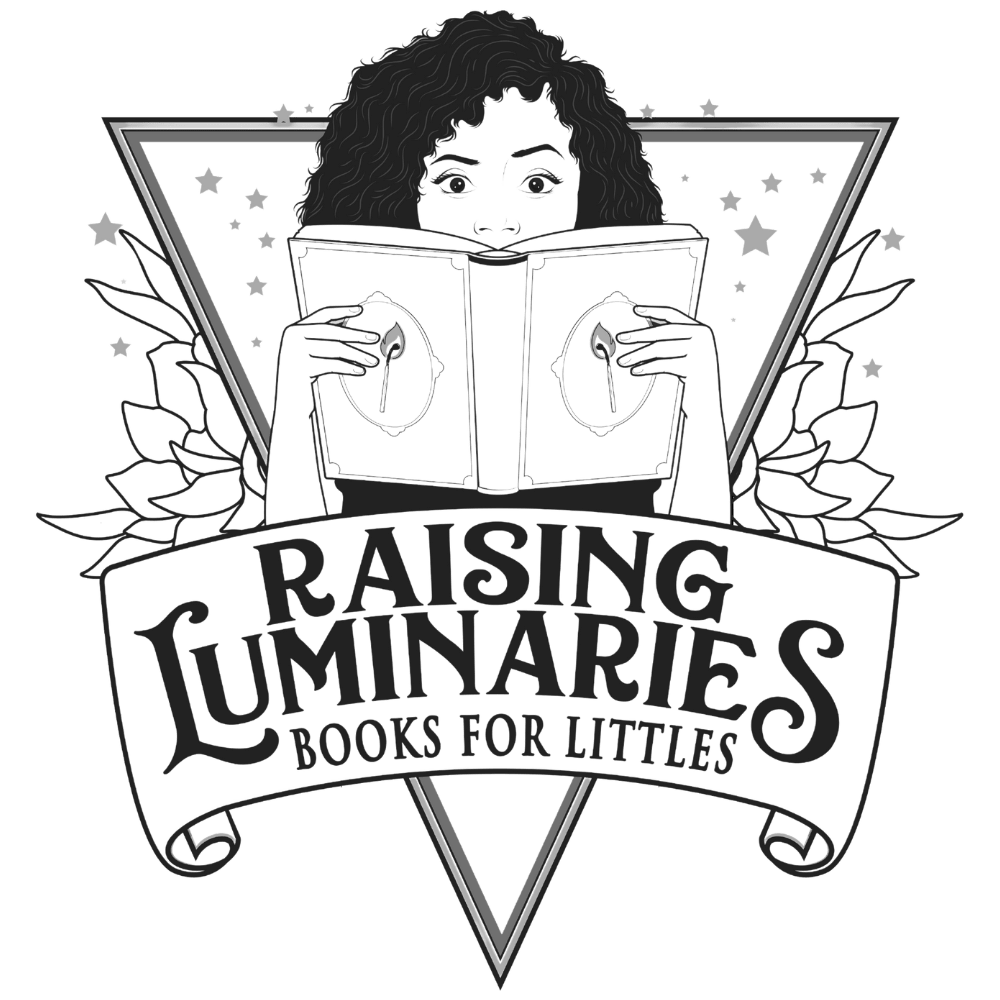Raising Luminaries & Books for Littles are free and accessible for readers who can’t afford a paywall. Since we’re a contribute-what-you can community, I try to fill in the gaps with affiliate links. Posts may contain affiliate links, which allow me to earn a commission at no extra cost to you. Check out the full affiliate disclosure along with my statement of accountability.
Let’s Explore Truth & Reconciliation
Started by First Nations Indigenous people in the area many of us currently call Canada, the Truth & Reconciliation movement calls on colonlist governments and individual settlers to tell the truth about the history and current harm non-settlers and colonists have inflicted on Indigenous people throughout Turtle Island. Following honest education, we commit to taking action to honor Indigenous people and heal together.
When is it?
- Canada’s national Truth & Reconciliation day is September 30th.
- The US does not observe a Truth & Reconciliation day, which is why we observe it during American Indian Heritage Month (November)
Watch / Listen:
Read: Children’s Books About Honesty & Changing Our Behavior
Since you can already find great #OwnVoices Indigenous stories centering those most impacted by colonization in the Indigenous Heritage, Indigenous Peoples Day, and National Day of Mourning toolkits, for this topic, we’re focusing on the role of colonists, settlers, and our descendants in acknowledging mistakes, hard truths, and moving forward with honesty and integrity.
- The Truth About Wind – how evading the truth can eat away at us, and the relief of finally getting honest
- Crazy Horse’s Vision – a true story of colonial violence against the Sioux, without the depiction of Indigenous people as noble savages/helpless victims most common in kidlit
- We Don’t Eat Our Classmates – a silly, fun read about how we can do harm without realizing it – and change our behavior moving forward.
- We Move Together – on the importance of listening to the most targeted people in our group and supporting each other interdependently as we strive to make the world more inclusive.
- Aquicorn Cove – Touching on issues of resource hoarding, pollution, and water rights, without sending kids into a despair spiral about climate injustice and shame.
-
Speaking Our Truth – Best for a classroom, this intro to Canada’s truth & reconciliation commission gives a good broad overview, along with the defined, measurable goals created by the commission and actions to do and maintain. The glossary is spectacular. Intended for older kids ages 10+
Discuss: (See resources below if you need help)
- Why does apologizing feel difficult?
- Practice a 3-part apology
- 1: Apologize for my action (not their response)
- 2. Take active steps to understand the impact of my action
- 3. Ask those I harmed what support & repair looks like for them.
- Discuss what it means to forgive
Activities & Reflection:
- Pick an activity from our Indigenous Peoples’ Day Toolkit, which includes a guiding animal story, action bingo, and children’s advocacy letter template to advocate for truth and reconciliation in your local community.
More resources to dig deeper:
- Four Parts of Accountability: How to give a genuine apology
- Indigenous Heritage Month
- Indigenous Peoples Day
- National Day of Mourning
- Following Indigenous Calls To Action with ‘We Are Water Protectors’
- Kids stories on Empathy & Wider Perspectives
- Kids Books About Restorative Justice
- The 4 parts of accountability, by Mia Mingus
- Podcast: Quit Lying To Yourself: How to start an activist accountability policy
- Podcast: Calling out Bullshit: Raising Kids Who Speak Truth to Power
- Restorative Justice at Home via Project Nia









